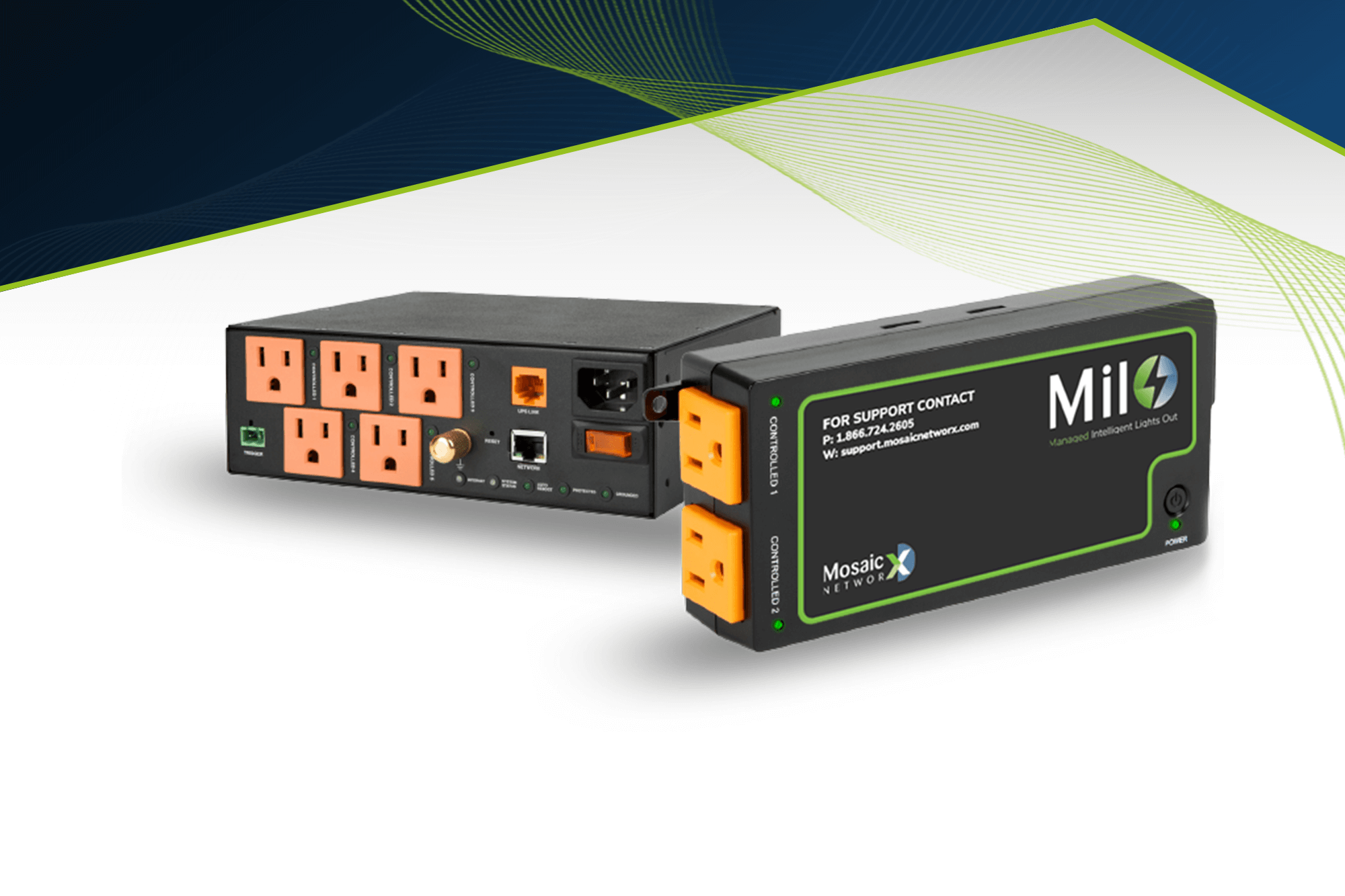Now that you understand that everyone you encounter is a potential client, you are hopefully invigorated by the amount of new business that is available to you! This should be easy, right? If everyone is a potential customer then the sheer math of things means that there should be business breaking down your door any minute! Of course that isn’t the case, and there is a good reason why.
Marketers would say it’s because these companies don’t know you exist, so you need to focus on brand awareness. Salespeople would say these companies aren’t yet customers because they don’t know what you sell, so you need to sell them something.
Sales and marketing are important, but that is far too simplistic.
Apologies if you came here looking for a shortcut to IT lead generation and solution sales, because this playbook doesn’t include it. This playbook says something different. This playbook says these companies and individuals are not your customers because they do not trust you. We know this because not every potential client who has heard of you is a paying customer (so the marketers are wrong) and not every potential client you’ve ever offered a solution to is a paying customer (so the salespeople are wrong). Your long term goal it to position your company as an integral part of the client’s future success. And to get to that point, we can’t sell or market anything. Your message must penetrate even deeper than that.
Imagine the best friendships or relationships in your life. The ones that are the strongest are the ones that have lasted the longest. It’s a never-ending cycle; relationships strengthen over time, and they last because they are strong. But they didn’t start they way. You were introduced to someone and your shared experiences led you to having a stronger relationship over time. Keep that in mind because lead generation for the IT services you offer is going to take time. It may take a lot of time and it is a process that never ends.
Think of enterprise lead generation as a garden. You have to prepare the soil, plant the seeds, water them and provide adequate sunlight, and then wait weeks or even months for the harvest. Different seeds are planted at different times and require different conditions to grow. Some of the bounty dies on the vine as a natural process within the garden. Some crops grow faster than others, but with the proper attention from the gardener, most of the plants will grow.
The steps to building your own garden of paying customers are remarkably similar to the garden described above.
- Prepare the soil. This is your business and everything you offer. Are there some things you do better than others? Are there areas where your expertise is stronger than others? Is there a specific vertical you are targeting? All of these characteristics of your business are the soil of your garden. Just as some soil is too acidic for certain crops or not acidic enough for others, your company’s strengths and weaknesses are going to determine which seeds you plant next.
- Plant the seeds. Seeds are potential customer and tomorrow we are going to explore this topic at length. Finding seeds takes time and it takes energy. Your garden needs a lot of different seeds planted. Fast growing crops are comparable to small businesses that may have meager IT needs. Slow-growing crops are the larger companies that take longer to penetrate but offer larger rewards. Your seeds are the different contacts you make and a wide mix makes for the most prosperous garden.
- Water them and provide adequate sunlight. This is where you evangelize and help without asking for anything in return. Just as you wouldn’t eat a tomato off the vine before it is ripe, you aren’t going to try and sell anything while your relationship with the client is still maturing.
- Wait for them to grow. This is the step that differentiates you from your competition. It can be tempting at the first sign of need to try and offer your contact something to buy. You must resist the urge to interject your product or offering the moment your client expresses a need. This is the stage of the process that most of your competitors try for a sale too quickly instead of being patient and building a trusting relationship. For you an expressed need is an opportunity to earn the prospect’s trust by helping them make a good decision even if they don’t end up buying anything from you. Think of your knowledge, your expertise, as the fertilizer on your garden. The more of it you interject, the bigger your crops will grow.
- Harvest. Provide enough expertise and counsel over time and eventually you will integrate yourself in the client’s IT decision making without either of your realizing it. Your wise counsel will become an integral part of how their decisions are made when it comes to technology. This relationship, this trust, means that when the client’s business grows and matures to need the solution at which your organization is expert, you will be uniquely positioned to win the business. There will be no competition and very little discussion of price. It will be a friendly conversation between you and the client decision-maker that solidifies your relationship in as a mutually-beneficial business arrangement.
Many sales makers outright dismiss any lead generation strategy that doesn’t promise to result in new prospects right away. If that describes you, feel free to buy a database from one of the many providers and start cold calling in an attempt to drum up business. As for our playbook, the secret to IT lead generation is actually no secret at all: there are prospective clients all around you all the time. Evangelizing what your company does and building real, trusting business relationships that don’t include a sales pitch is the best way to fill your pipeline with potential customers. Let your competitors sit at their desks frustrated that they aren’t getting results. You have a garden to attend to…
Check back tomorrow for part three of our series on IT Lead Generation. Click here to learn how Mosaic NetworX builds long term partnerships with clients.








